The US Virgin Islands are constitution-less
In 1917, the United States government purchased the Virgin Islands, previously known as the Danish West Indies, from Denmark for $25 million dollars. For nearly 20 years after US acquisition, the Virgin Islands were governed by the US Navy. In 1936, Congress passed the “Organic Act of the Virgin Islands” which helped organize a more self sufficient governmental system for the territory. Later amended in 1954, the act allowed the US Virgin Islands to have more control over their own government, but it was not until 1970 that they would be able to elect their first governor. Today however, the territory stands without the most basic legal protection; the US Virgin Islands are constitution-less.
The current governmental structure does (as established by the 1954 “Organic Act of the Virgin Islands”) allow for three main branches of government in the territory: executive, legislative, and judicial. The executive branch consists of a popularly elected governor who appoints other members of the executive branch; the legislative branch includes 15 popularly elected senators, and the judicial branch consists of the US Virgin Islands Supreme Court.
In many ways, this structure of the US Virgins Islands government is similar to that of the US state. However, the US Virgin Islands do not have a local constitution, nor are they guaranteed protection under the US Constitution due to the nuances of having territorial status.
Territorial inequality
US territories (including the US Virgin Islands) are not guaranteed protections under the US Constitution due to a series of Supreme Court rulings that took place from 1901-1922, following the Spanish-American War. These cases were known as the Insular Cases and cemented the laws for what constitutional rights US territories are, and are not granted. The verdict of the cases indicates that constitutional rights do not automatically, or ex propio vigore, apply to “unincorporated” US territories.
The incorporation approach, used to determine the outcome of the cases, split US territories into two categories: incorporated and unincorporated. Incorporated territories were those that would eventually become states and were granted direct protection under the Constitution while unincorporated territories were only automatically granted a select few of the total number of rights granted by the Constitution. The US Virgin Islands were, and remain today, unincorporated. The rulings of these cases were based on racist and undemocratic premises like the “burden of superior peoples,” and the idea of democracy and colonialism being “fully compatible”; ideologies that have long become unacceptable and obsolete.
Additionally, as an unincorporated territory, the US Virgin Islands have a representative in the US House of Representatives, but this individual cannot vote on the floor, nor can the territory’s inhabitants (who are legally US citizens) participate in presidential elections. This makes it very difficult for the territory to gain more rights through changes in policy, as they have essentially no say in Congress, or the US government as a whole.
Continuing pattern
On March 31, 2017, the US Virgin Islands representative in Congress, Stacey Plaskett, reminded a crowd of dignitaries from both the US mainland government and the US Virgin Islands government that “Any proposal to give the citizens on the Virgin Islands the right to vote has been denied by the United States”. Essentially, the lack of voice of the US territories has trapped them in a system where they are perpetually bound to remain second-class citizens.
A prime example of this exclusion took place earlier this year when a case was brought before the US Supreme Court. The case, referred to as Segovia vs. United States, was brought to court by six former Illinois residents who had been denied the right to vote since moving to the territories. The plaintiffs lost this case due to the previous rulings of the Insular Cases, but have since filed a petition for review by the courts. A woman by the name of Pamela Colon, a plaintiff and former US Virgin Islands federal public defender stated, “No American should be denied voting representation in the laws they are required to follow.” Colon’s statement illuminates just how unfair the current system is for the US territories; residents are considered citizens and, therefore, must abide by the laws of the constitution, but they have no say in what these laws are.
The US Virgin Islands are constitution-less
A solution to this paradoxical issue would be to allow the US Virgin Islands, to create their own constitution. Having a governing document unique to each territory would not only allow for more appropriate and specialized laws but also for the residents of the territories to have a voice in the way they are governed. Instead of being obligated to follow a set of laws that may be unfair to them with no ability to bring to light or rectify this injustice, residents of the territories would be able to vote for laws and leaders that are fair and fit their needs.
The US Virgin Islands have made many attempts to provide the islands with their own governing document. Constitutional conventions were elected in 1964, 1971, 1977, 1980, and most recently, 2007 to serve this end. Despite these repeated efforts, each of the conventions failed to produce a constitution for the territory; but the US Virgin Islands are not giving up on fighting for more rights and protections for their people and this fight will likely not end anytime soon.
Politics aside, the bottom line remains that more than 100,000 American citizens living in the islands of St. Thomas, St. John, and St. Croix stand unprotected at both the local and federal levels. Both scenarios, a direct result of the absolute power the US government has over the islands; a power exerted in the name of a document which only applies to enable it, but which does not automatically afford protections. As such, in every sense of government, the US Virgin Islands are constitution-less.

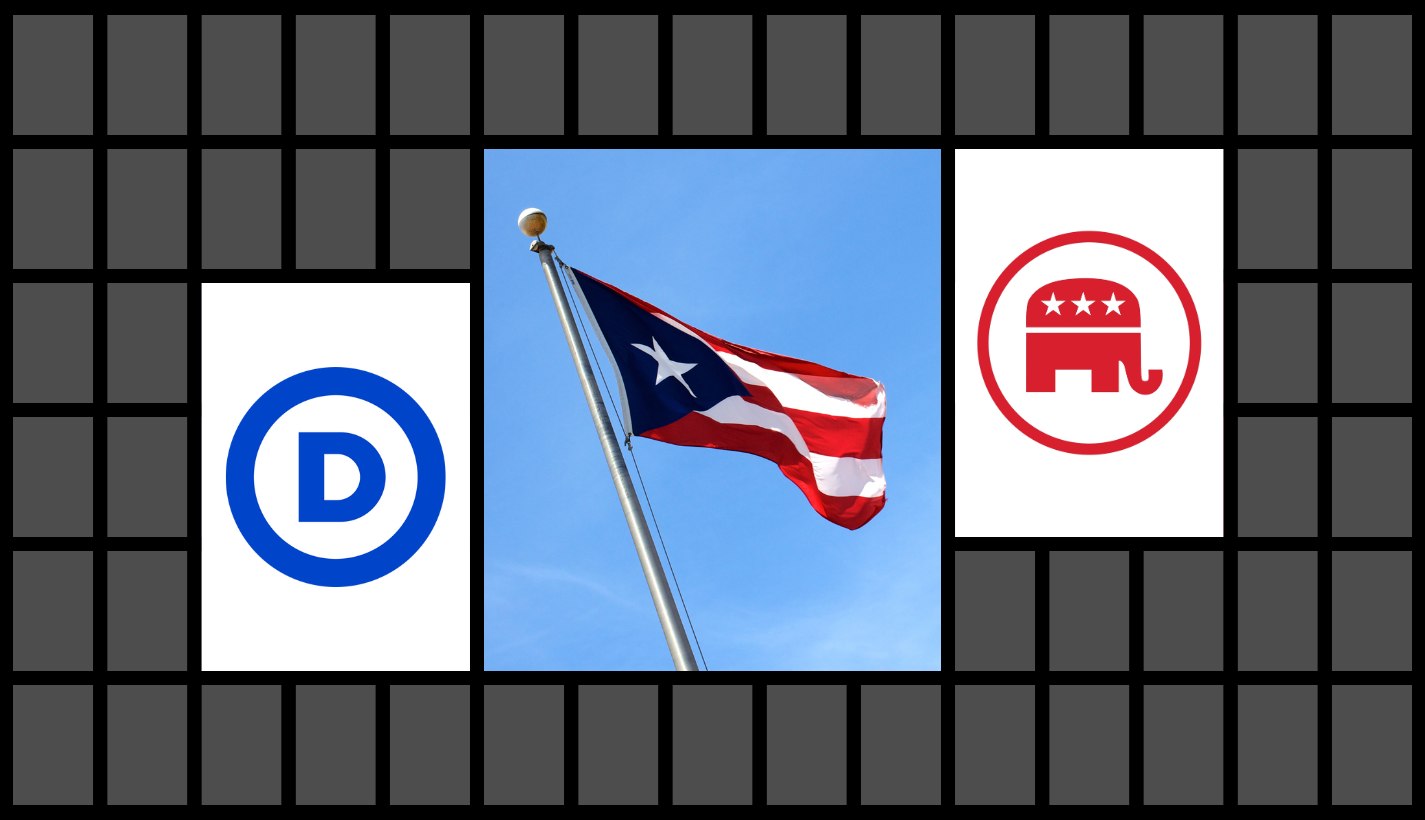
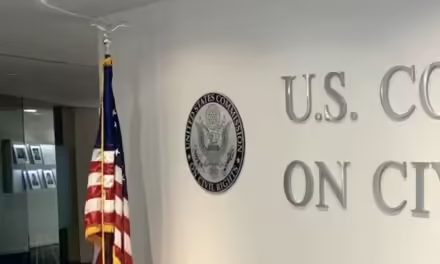
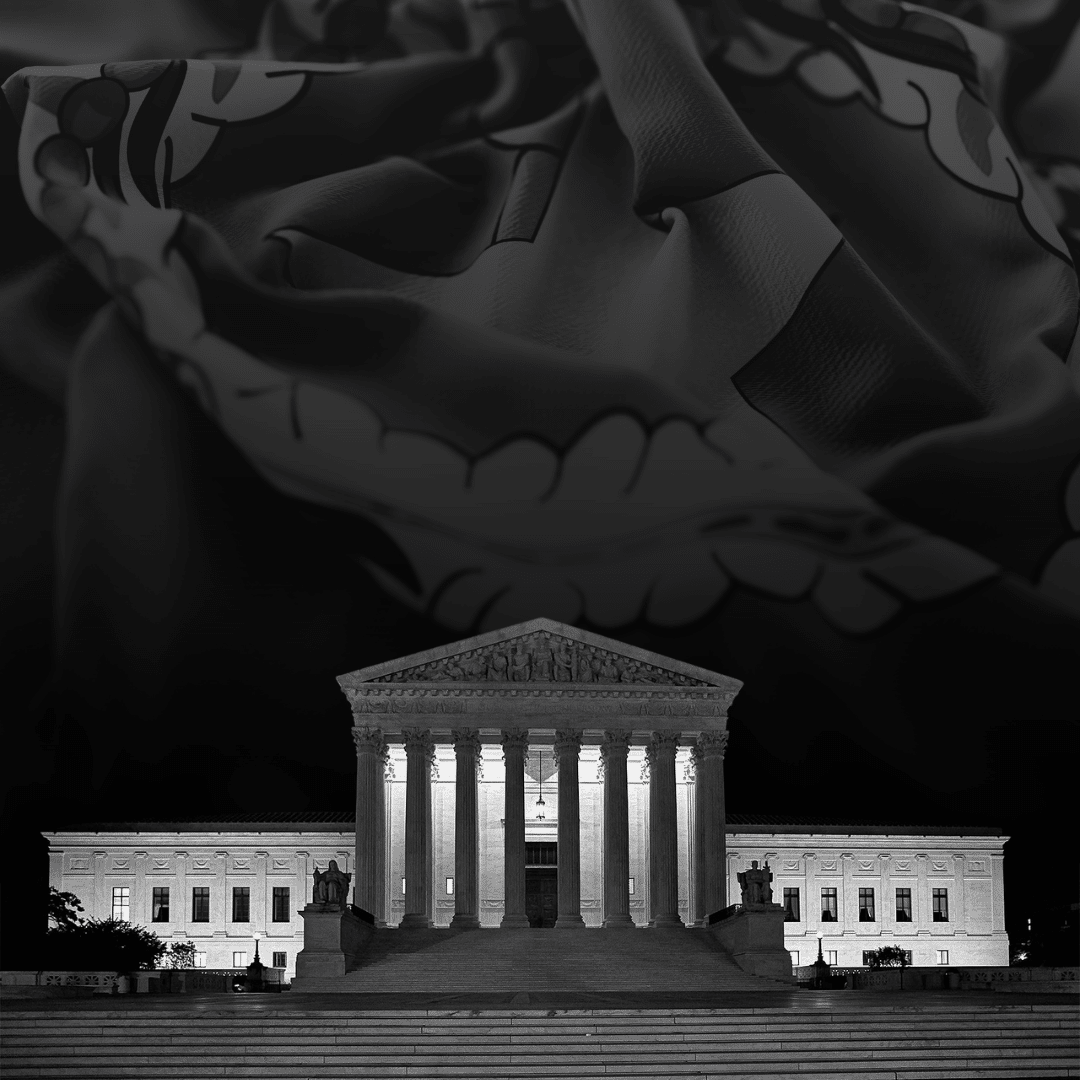

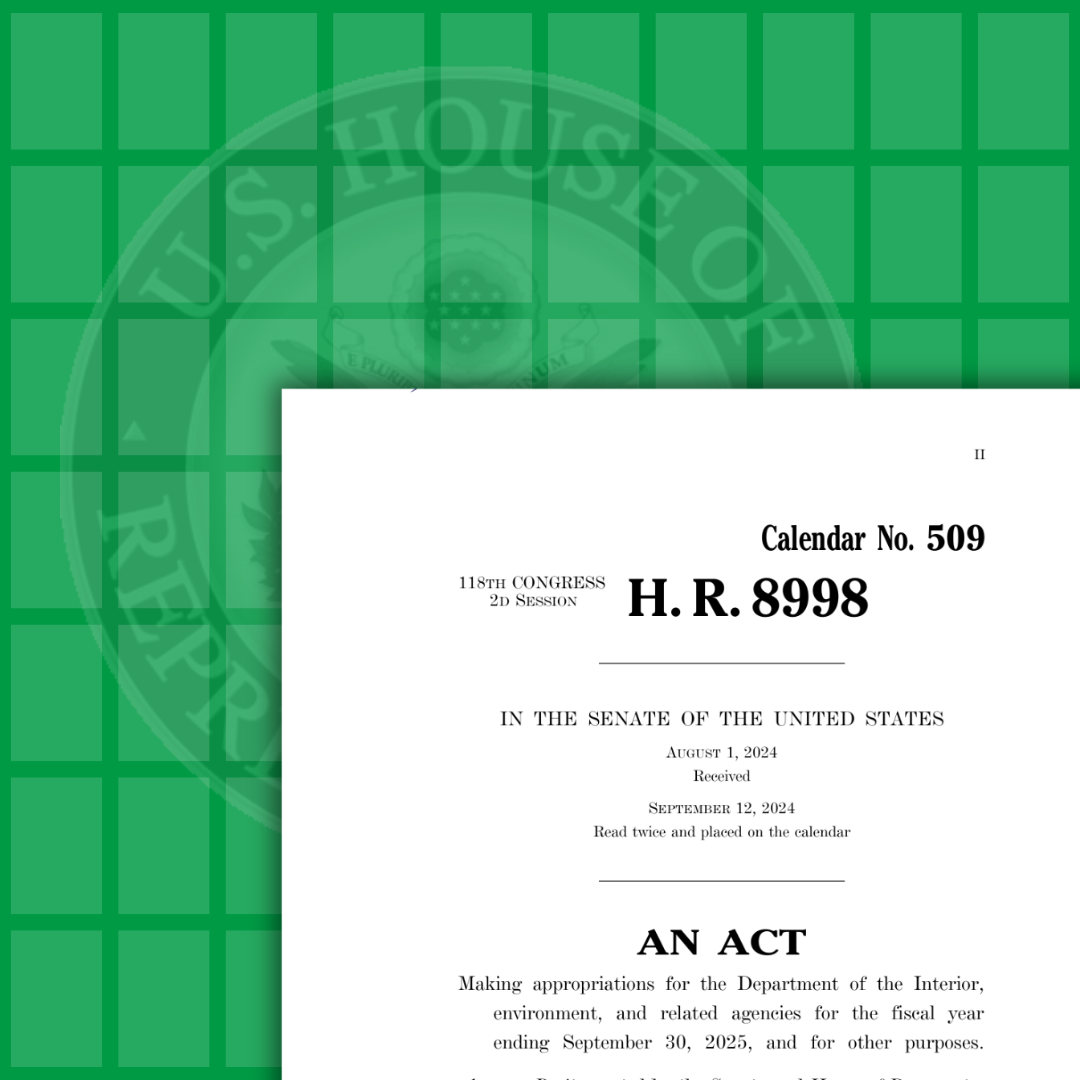
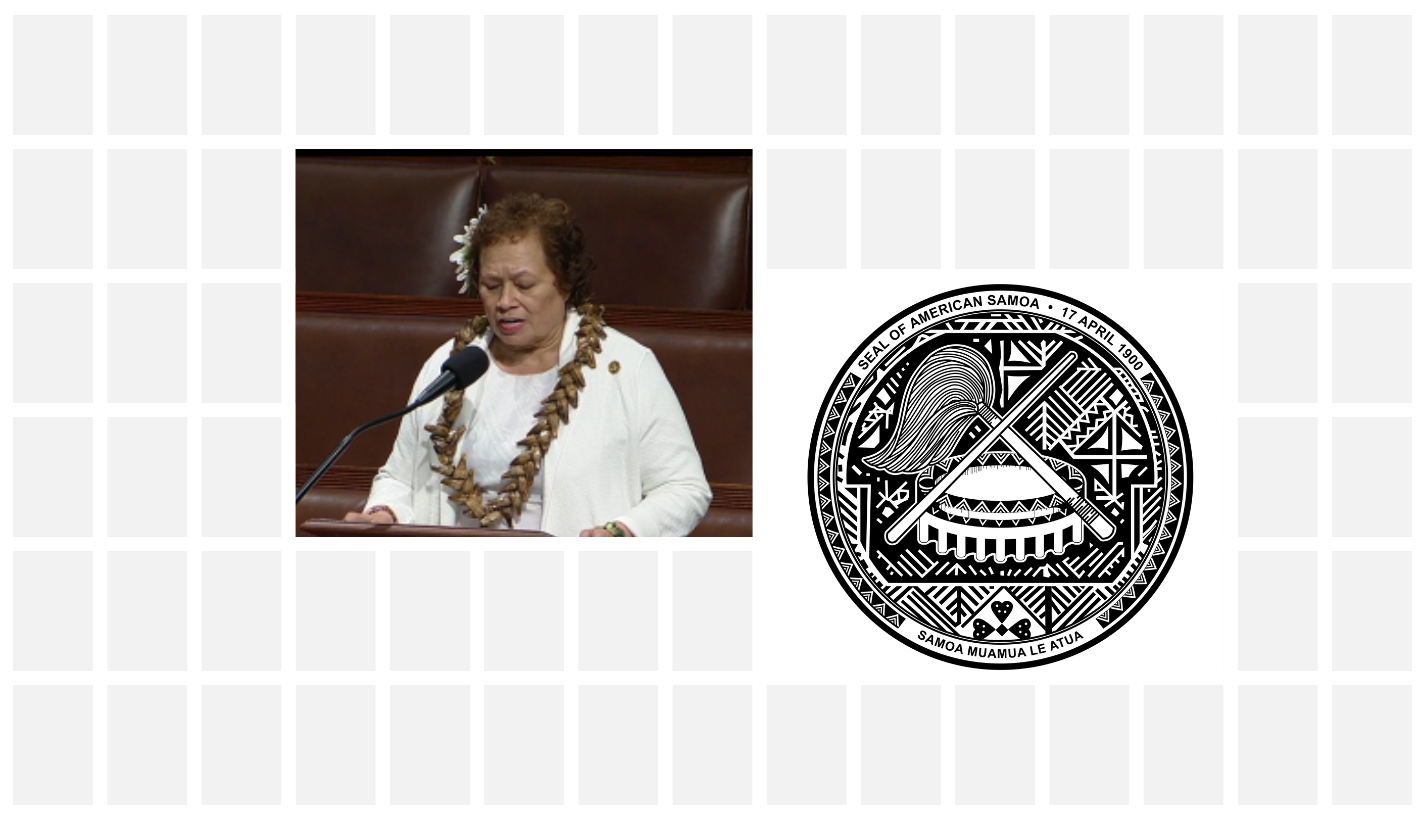
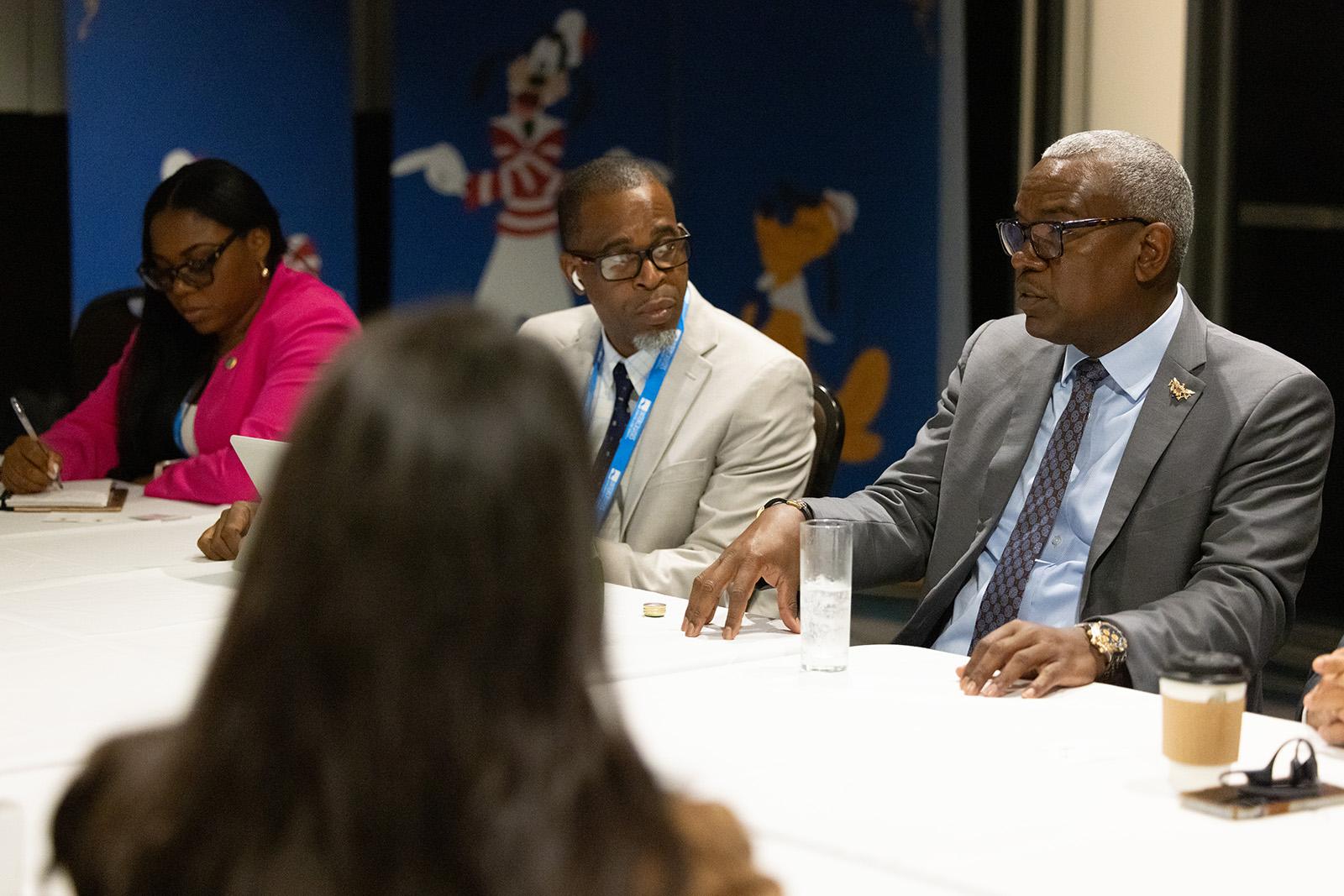
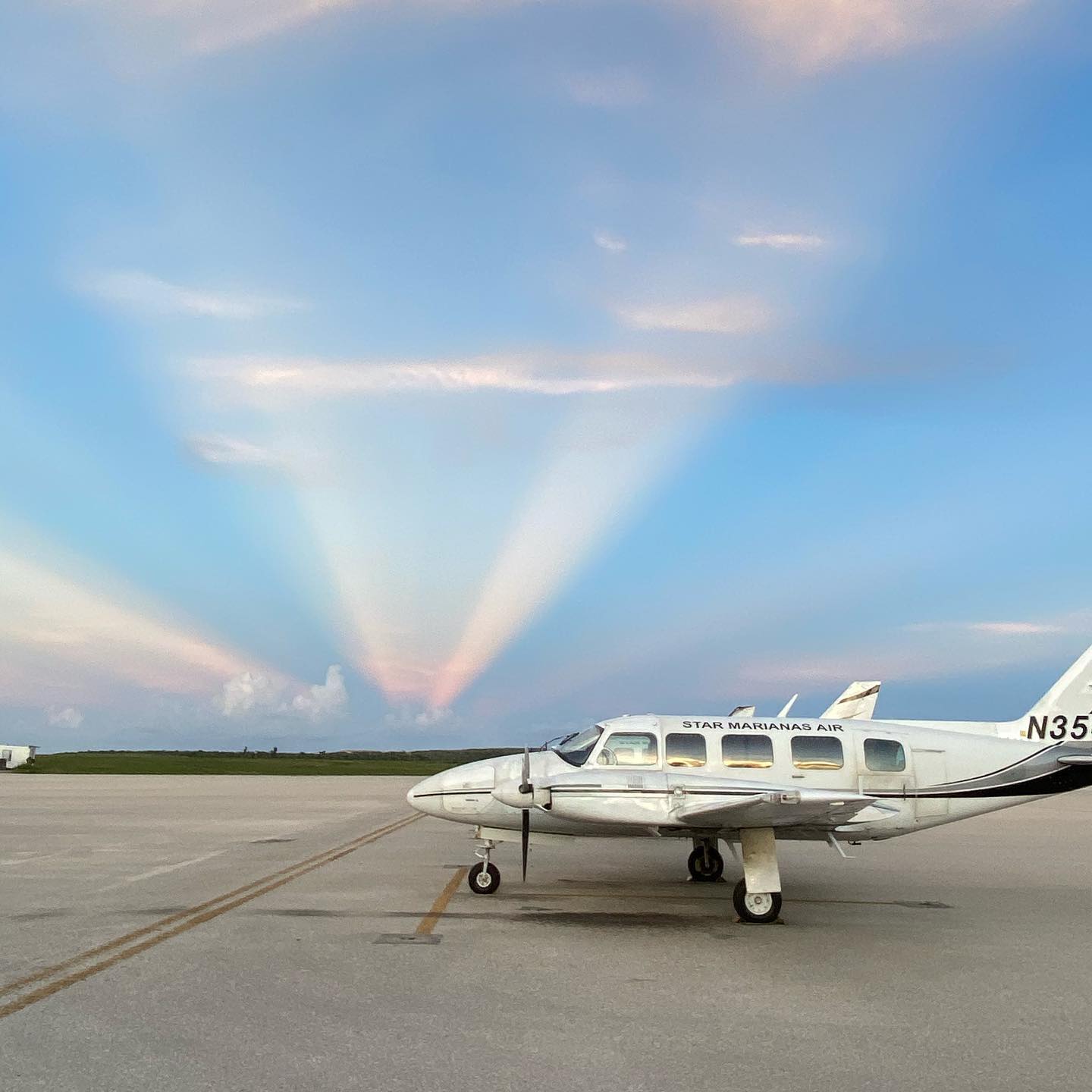

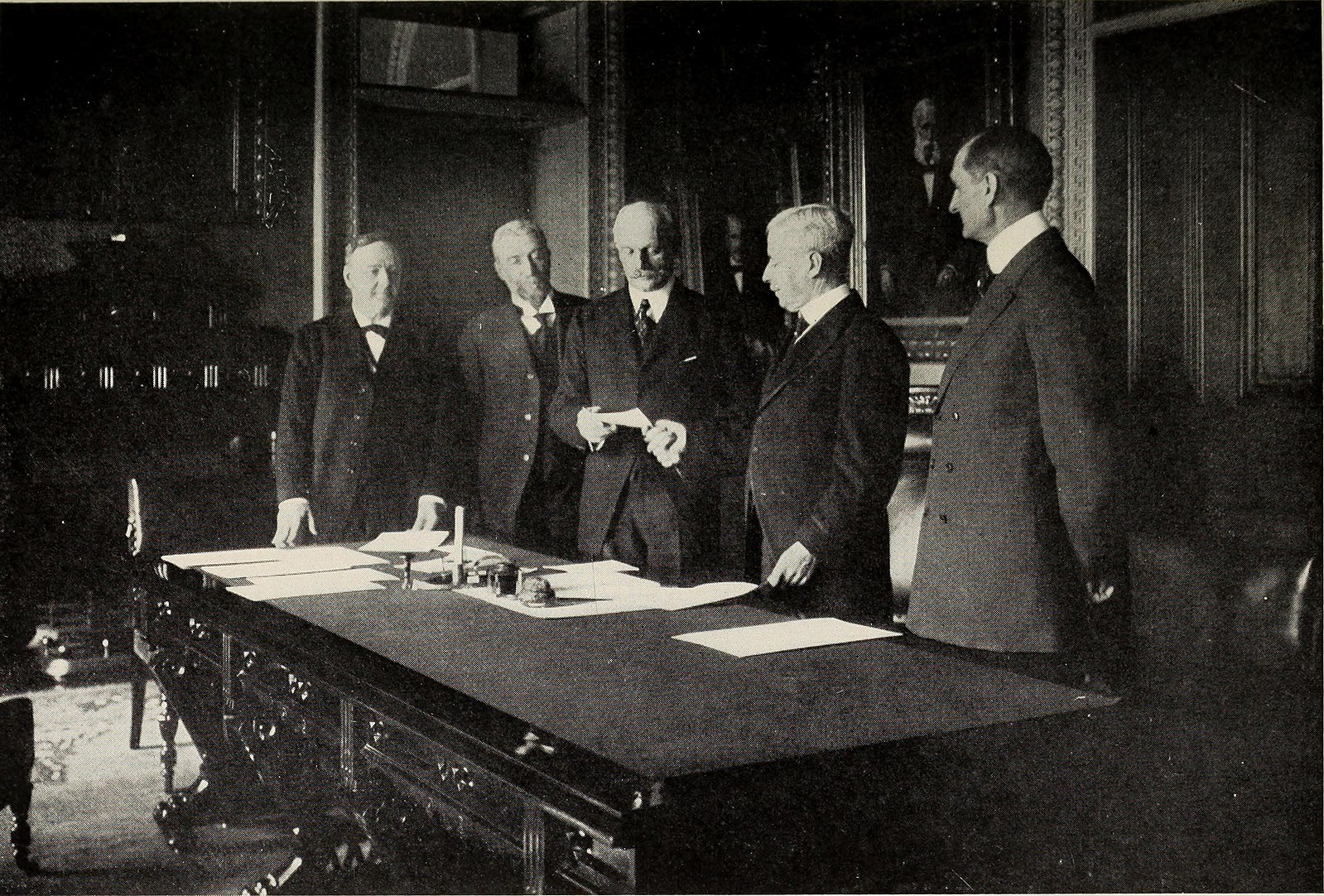
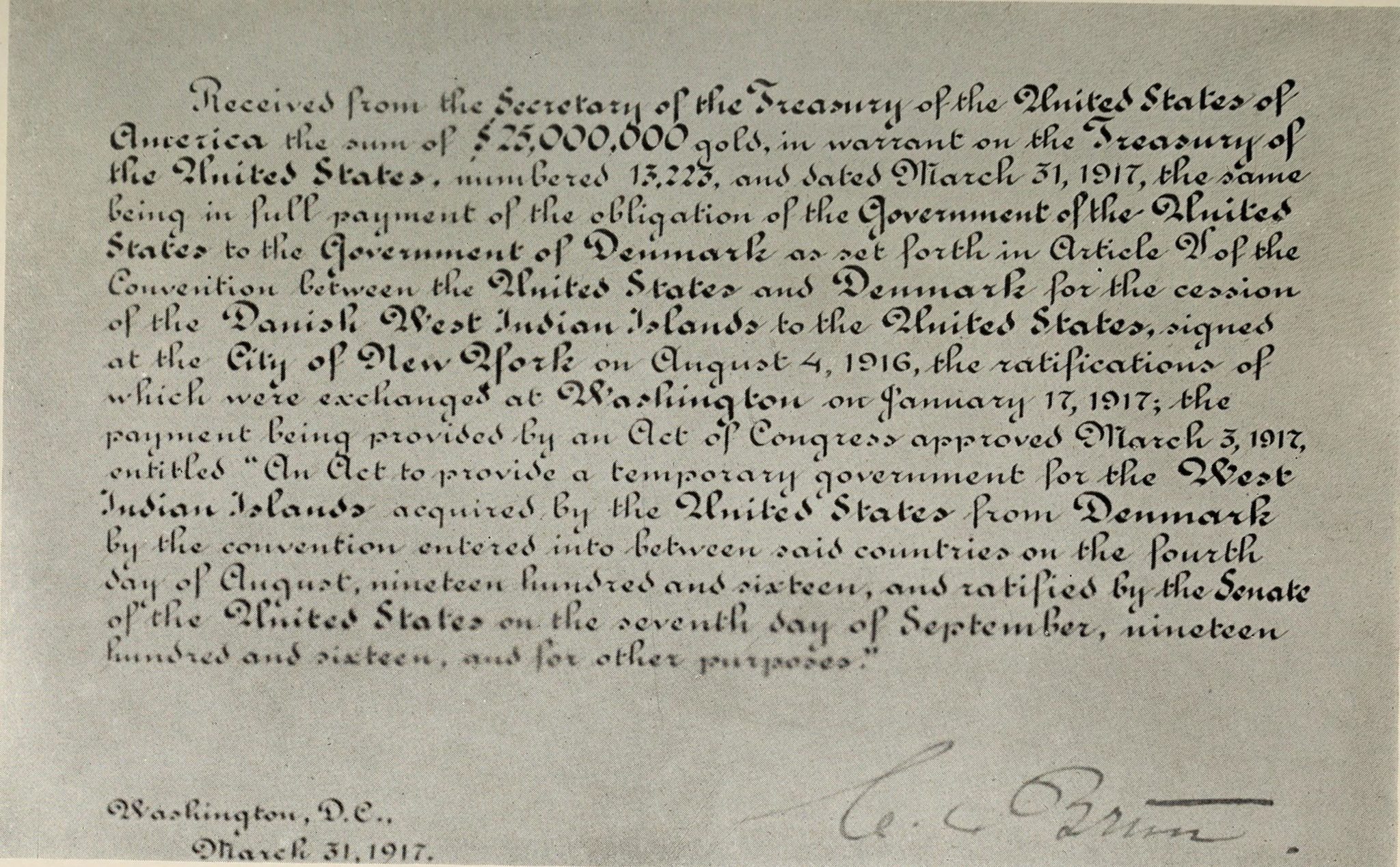
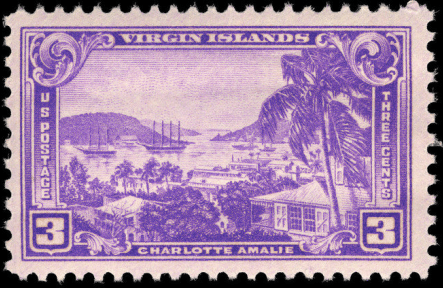
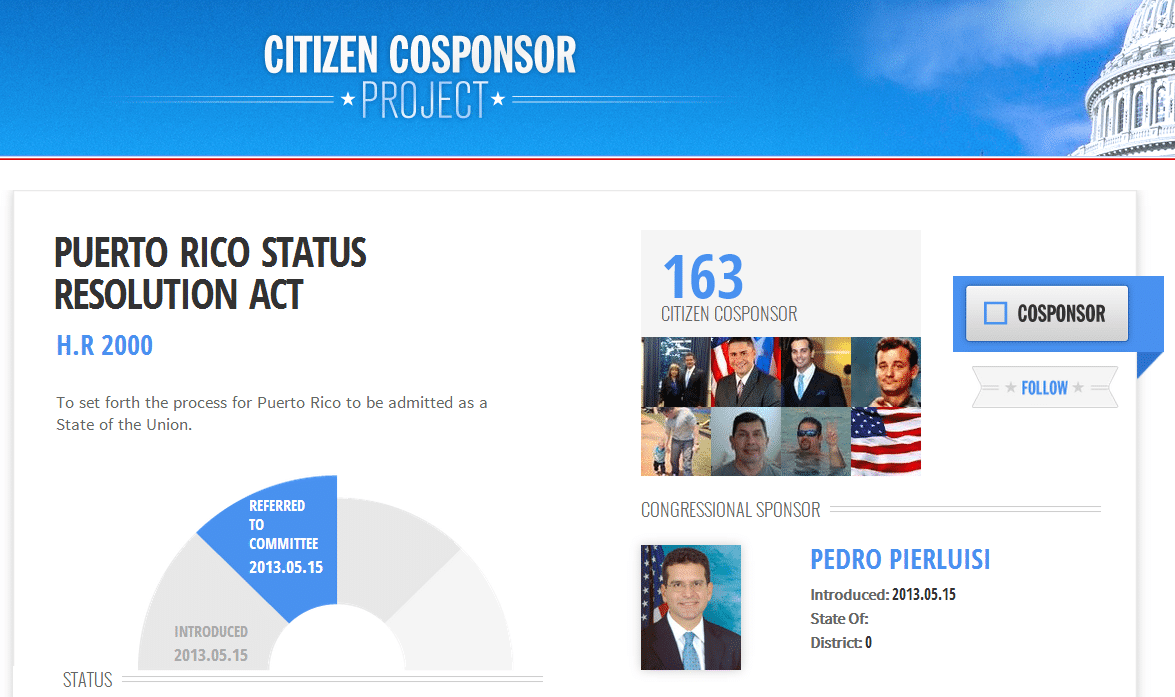
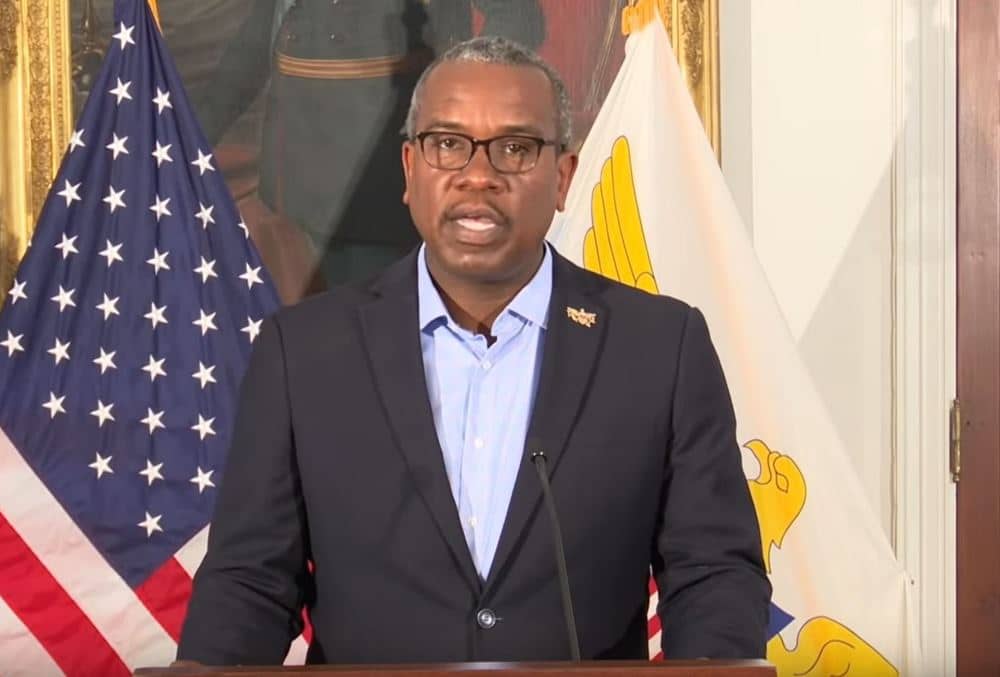
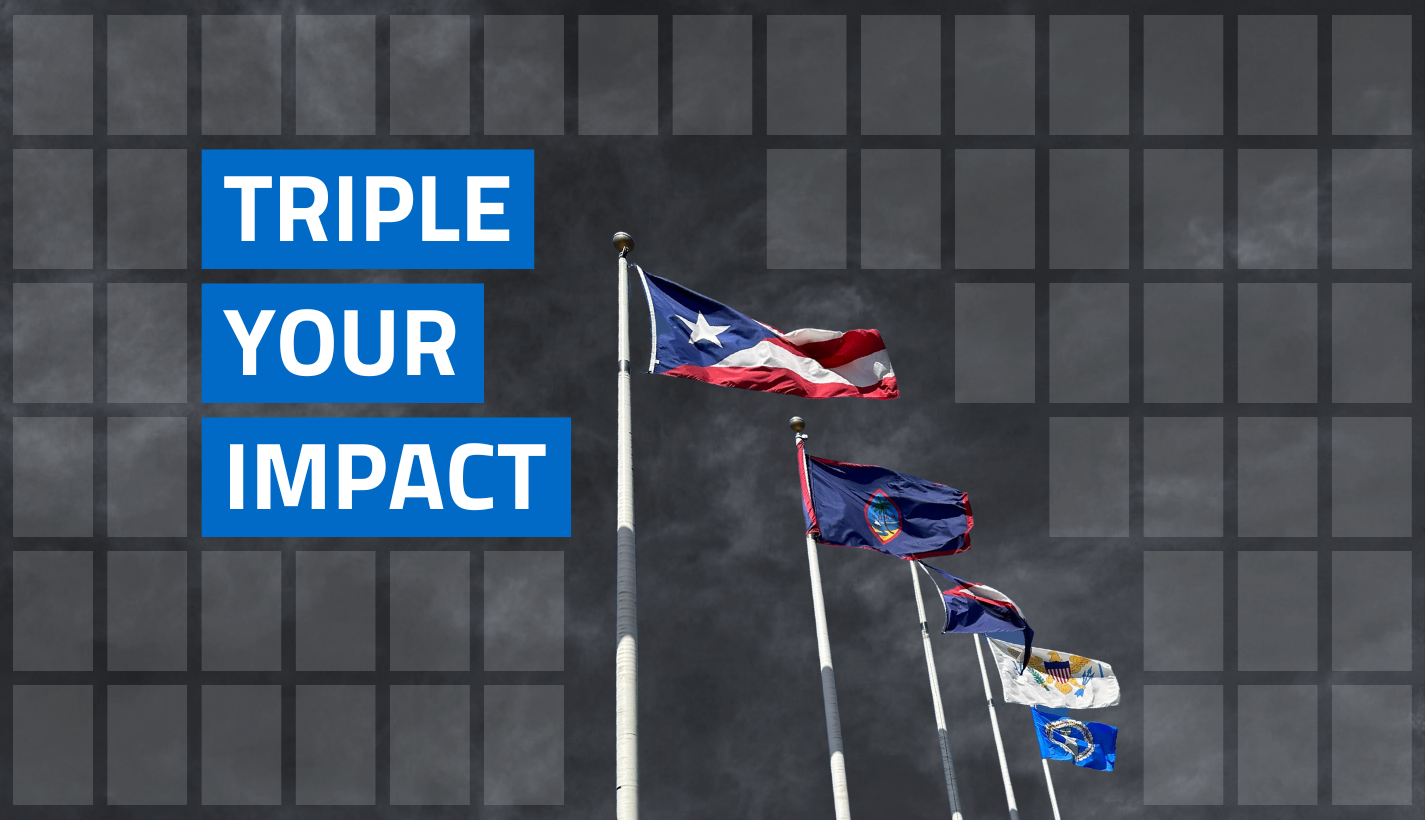
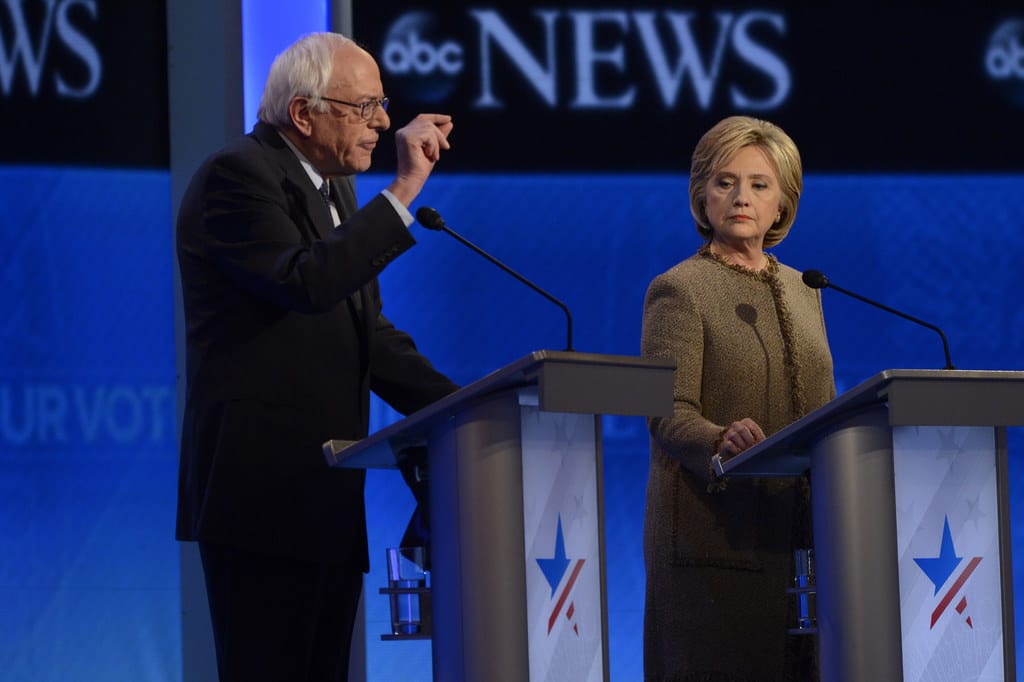
Trackbacks/Pingbacks